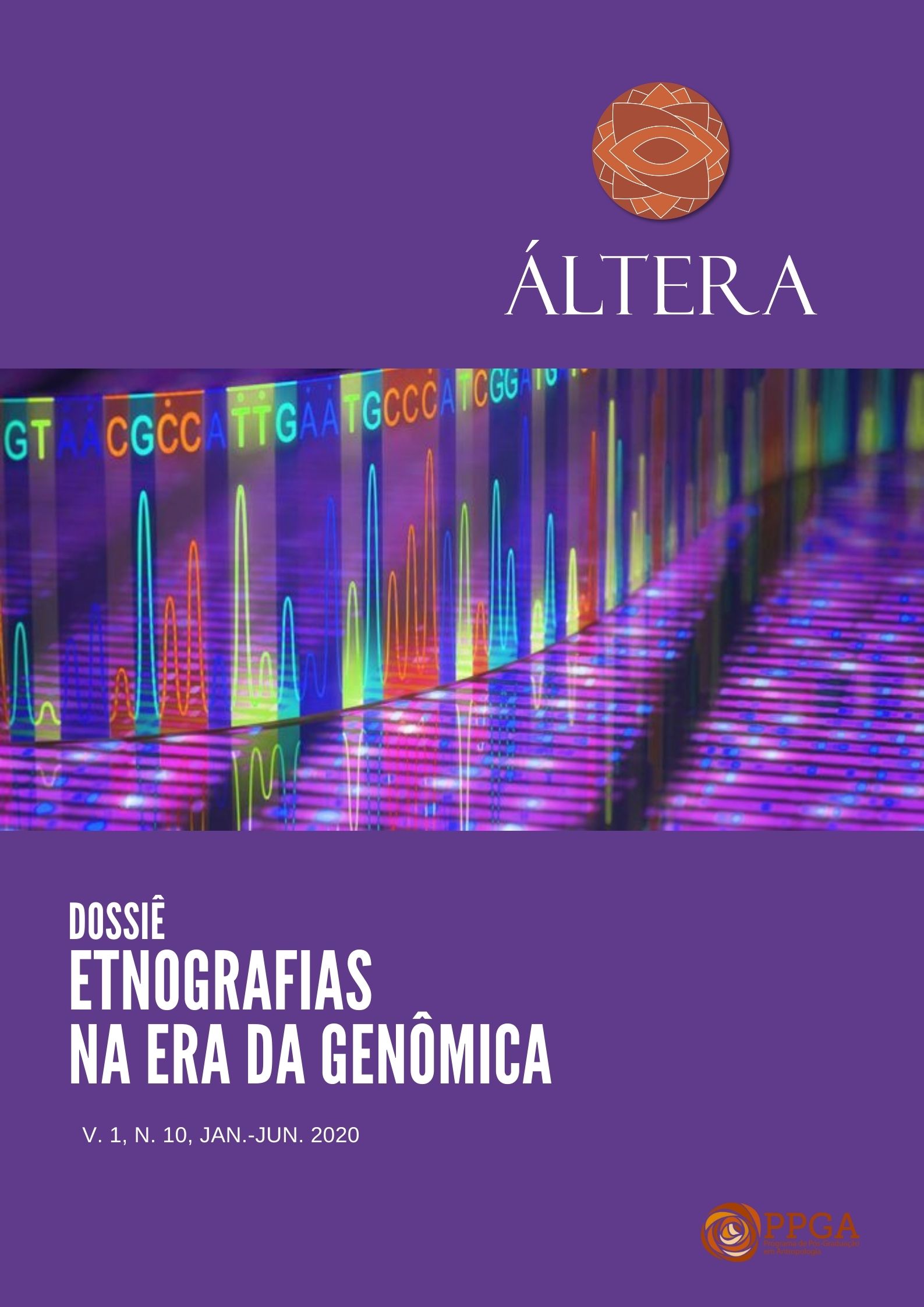(Des)continuidades entre sociedade e genômica
desigualdades, políticas e experiências de vida com a doença falciforme
DOI:
https://doi.org/10.22478/ufpb.2447-9837.2020v1n10.49069Resumo
Este artigo aborda as relações entre sociedade e genômica a partir da experiência de pessoas com doença falciforme, a enfermidade genética e hereditária mais comum no país. Busca-se problematizar as interfaces entre conhecimento e políticas de saúde, através da abordagem sobre condições de vida e narrativas sobre doença falciforme. Parte-se de pesquisa multissituada e de entrevistas etnográficas com integrantes da Associação Paraibana de Pessoas com Anemias Hereditárias. Com relação às descontinuidades, a desigualdade social abrange a população negra, pobre e de baixa escolaridade, cujo adoecimento recai sobre trajetória de vida, autocuidado e acesso aos serviços de saúde. Na tecnologia biomédica, destaca-se o teste do pezinho como dispositivo diagnóstico para o acesso aos cuidados, apesar dos limites na cobertura e rede de serviços; essa tecnologia não foi alcançada por gerações de pessoas, privadas do cuidado genético, apesar da doença “pra toda vida”. Finalmente, aborda-se de que maneira a biossociabilidade contribui para a construção da identidade, reiterando a ancestralidade e a dimensão política da vida.
Downloads
Downloads
Publicado
Edição
Seção
Licença
- Autores mantém os direitos autorais e concedem à revista o direito de primeira publicação, com o trabalho simultaneamente licenciado sob a Licença Creative Commons Attribution que permite o compartilhamento do trabalho com reconhecimento da autoria e publicação inicial nesta revista.
- Autores têm autorização para assumir contratos adicionais separadamente, para distribuição não-exclusiva da versão do trabalho publicada nesta revista (ex.: publicar em repositório institucional ou como capítulo de livro), com reconhecimento de autoria e publicação inicial nesta revista.
- Autores têm permissão e são estimulados a publicar e distribuir seu trabalho online (ex.: em repositórios institucionais ou na sua página pessoal) a qualquer ponto antes ou durante o processo editorial, já que isso pode gerar alterações produtivas, bem como aumentar o impacto e a citação do trabalho publicado (Veja O Efeito do Acesso Livre).



